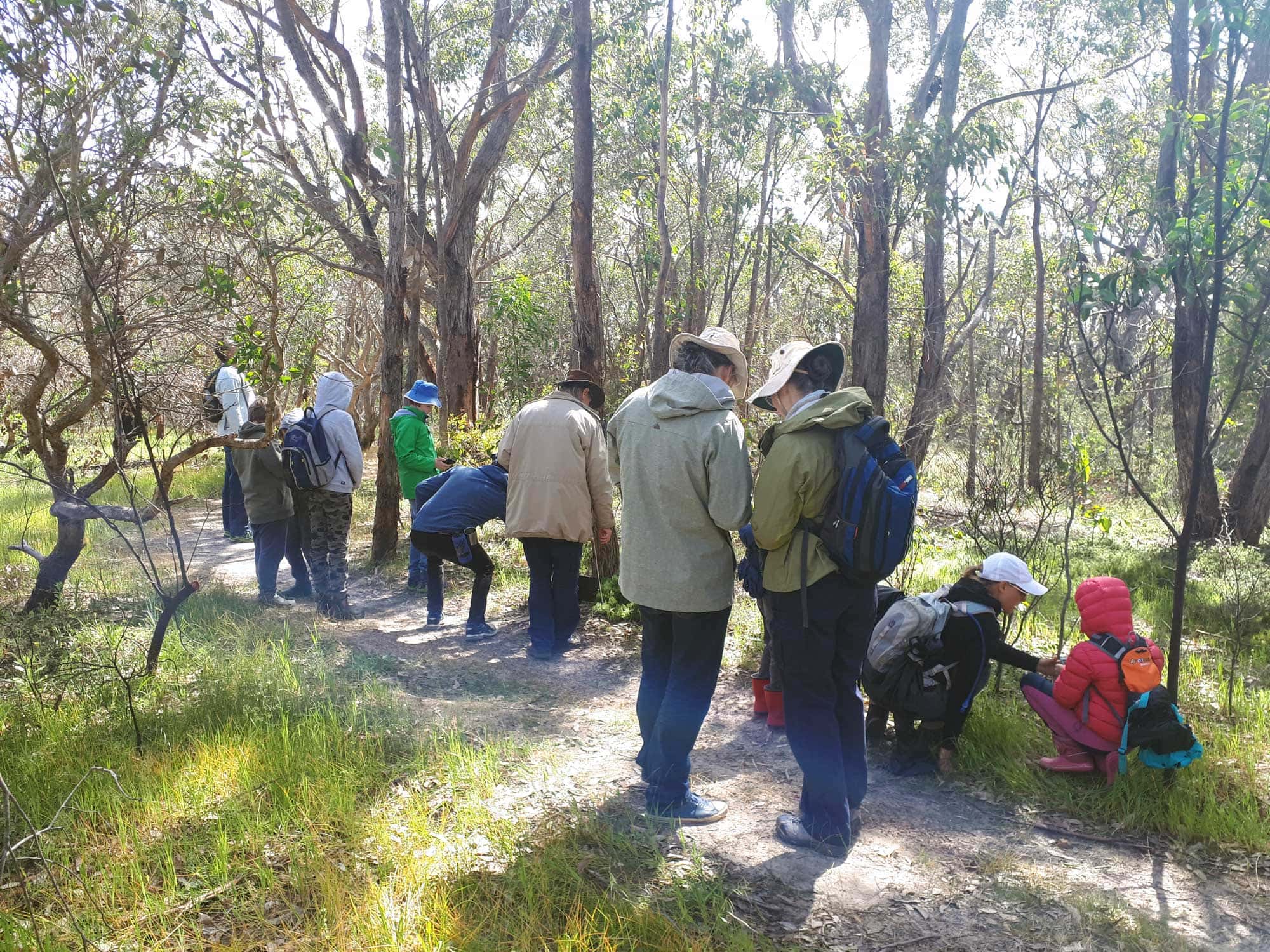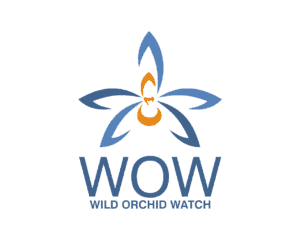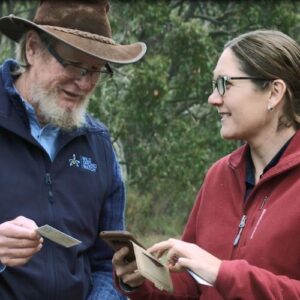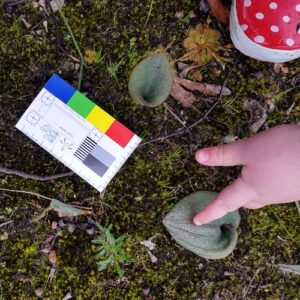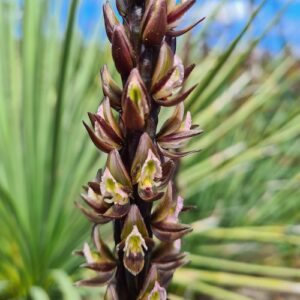Calling all wild orchid enthusiasts. Grab your phone, choose an orchid location, and using our specially developed orchid app, report your observations each flowering season – same place, same time. With your help, long-term datasets will help scientists and land managers to track changes in Australia’s orchid biodiversity over time.
TERN is calling on citizen scientists to report their orchid sightings using the Wild Orchid Watch (WOW) app. WOW is a national citizen science project for orchid enthusiasts to collect information about orchids and their habitats.
We encourage orchid enthusiasts to pick an orchid site, and using the WOW app, report their observations multiple times each season, across multiple years to create long-term data sets.
In a recent The Conversation article, Dr Heidi Zimmer from the Centre for Australian National Biodiversity Research (CSIRO) outlined five steps to becoming an orchid hunter and reporting observations for a national research effort. Citizen scientists are encouraged to:
- Choose an area to explore;
- Go bush;
- Be curious, be observant;
- Take a photo – not a plant; and
- Identify it – and tell us about it if you want to.
Step 5 is where WOW and TERN come in, with a custom app for collecting orchid observations. Observations are identified by orchid enthusiasts and scientists across Australia through the online community at the Wild Orchid Watch iNaturalist project.
Citizen science for understanding long-term trends and management impact
To detect environmental change, it is critical to collect data over large temporal as well as spatial scales, and enthusiastic skilled citizen scientists are achieving this at frequencies that are impossible for researchers.
These data can then be curated, stored and shared by TERN for maximum impact in research and land management decision-making and policy. Sensitive data about exact locations of threatened species is not published.
Dr Geoff Heard manages TERN’s Threatened Species Index (TSX) for Australia, providing reliable and robust measures of changes in the relative abundance of Australia’s threatened and near-threatened species at national, state and regional levels.
“The Wild Orchid Watch app enables citizen scientists to collect robust ecological data alongside orchid photos and location information. When citizen scientists regularly revisit an orchid population, and report on the orchid and environmental variables, we can build a time-series and use the data to look at change over time. This fits perfectly with the Threatened Species Index for Australia and in the future we hope to incorporate and harmonise citizen science orchid data into the TSX.”
Dr Geoff Heard, Project Manager, Threatened Species Index
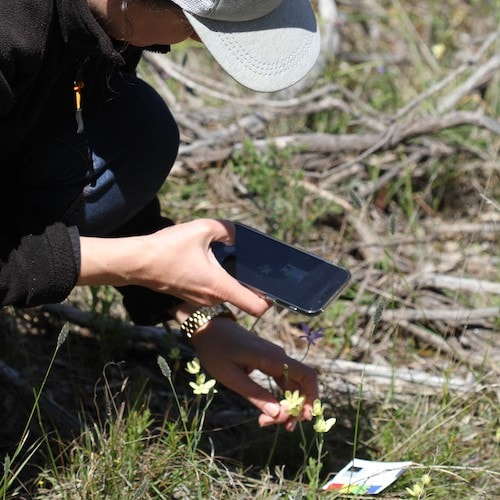
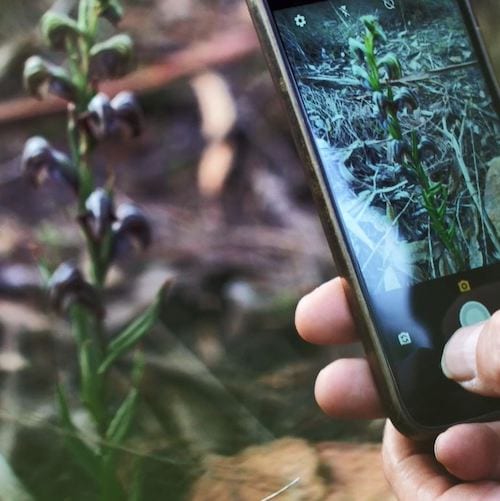
The value of collecting the same data, the same way, at the same places, over many years
As an advocate for citizen science, Professor Hugh Possingham believes that community involvement in the scientific process is key for addressing some of Australia’s biggest challenges in environmental management and protection.
He advocates for the citizen scientists to be supported to collect long-term datasets, which can then be used to address the critical ecological question of ‘what is changing?’.
“TERN has brought the element of time into ecological monitoring for Australia. This temporal factor is incredibly important for obtaining the data we need to inform policy and planning.
Creating opportunity for citizen scientists to collect this long-term data is increasingly important for detecting and acting on environmental change.”
Professor Hugh Possingham, Queensland Chief Scientist and Chair of the TERN Advisory Board (TERN Science Symposium 2021 keynote address)
Similarly, a 2021 University of Sydney study found that ecological citizen science projects that are actively supported to report detailed ecological information are more likely to collect comprehensive and informative data.
TERN is pleased to support WOW and other carefully planned citizen science efforts that have the potential to generate significant amounts of high-quality time-series data. Such projects complement ecosystem data collected from TERN’s sensors and field surveys across Australia, facilitating broad-scale spatial and temporal coverage, impossible to otherwise collect with TERN’s resources alone.


